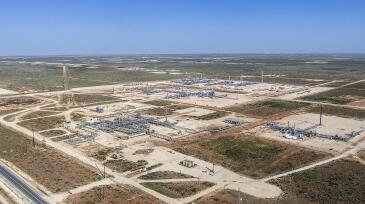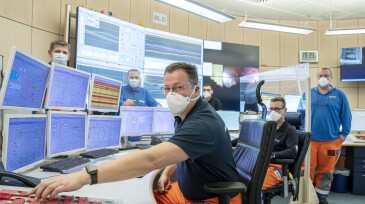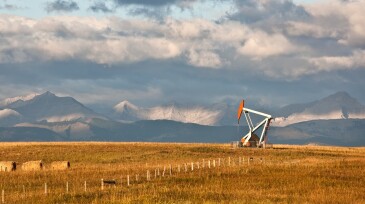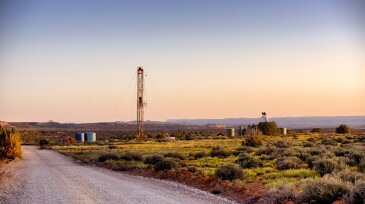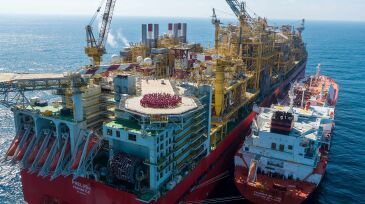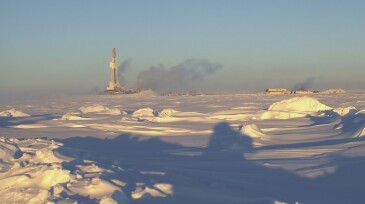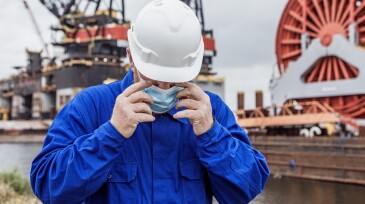HSE & Sustainability
A DNV report on decarbonization says the Middle East and North Africa region is expected to become the world’s largest hydrogen exporter by 2060 while maintaining a dominant position in global oil and gas markets.
The planned facility was designed to process 34 MMcf/D of associated gas into fully refined gasoline.
The newly named MTS brings together the full methane ecosystem, end to end—connecting technology, data, operations, and assurance across upstream, midstream, and beyond.
-
Gas processor Lucid Energy is moving forward with a plan to inject a mix of carbon dioxide and hydrogen sulfide deep below New Mexico’s portion of the Permian Basin. The project is designed to keep injecting for 30 years.
-
Share your knowledge with professionals throughout the industry at SPE’s Annual Technical Conference and Exhibition.
-
France expects to exceed self-imposed limits on coal usage to avoid power outages. This comes as nuclear power plants undergo maintenance and there are not enough renewable energy systems to fill the gap.
-
SPE Canada held its first carbon capture, utilization, and sequestration (CCUS) workshop in May 2021. The workshop in Calgary enabled SPE members, CCUS-focused entrepreneurs, finance providers, and policy makers to share knowledge related to emissions issues, policy, economics, technology development, and geologic considerations.
-
Even though total produced volumes are projected to hit new record highs in the coming years, treated water is expected to be comparatively lower than in the past, despite water disposal practices increasing oilfield seismic activity, with earthquakes nearly doubling in West Texas alone in 2021.
-
Energy giant also forms venture with GE to reduce emissions from gas turbines.
-
The European Commission is expected to allow investments flowing into natural gas and nuclear energy projects to be considered as “green” investments, assuming certain criteria are met. Germany and France, however, differ in their approaches to renewables. While Germany has abandoned nuclear power in favor of natural gas, France continues to rely on nuclear.
-
Being first isn’t easy, as the massive Prelude has demonstrated. Since being commissioned in 2018, the world’s largest vessel has suffered a series of setbacks and has now halted production for an indefinite period of time.
-
For the first time, a variable model of psychological risks of oil and gas personnel was developed, including a differential assessment of environmental and personal resources, that focused on isolation, control, and reduction of psychological risks in professional activities.
-
Job insecurity and the pandemic also affected worker's mental health.




